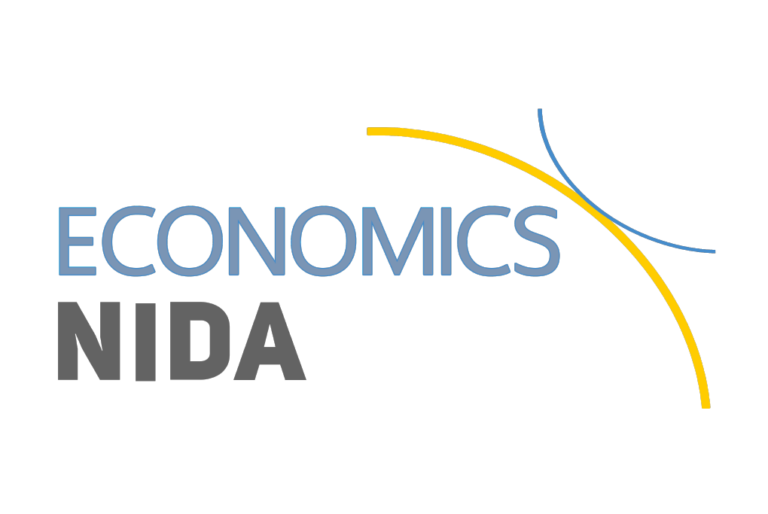CONVENTIONAL OR FAST CHARGING FOR ELECTRIC BUSES IN THAILANDGanyawee Boonreung |
ABSTRACT
To decided which charging equipment should be used with electric buses for public transportation in Thailand, there are two scenarios were made with assumptions to analyze the LCC. The first was using a bus with conventional charging and the second was using a bus with fast charging. LCC of an electric bus with conventional charging and with fast charging when battery cost was count as 35 percent of total cost of bus are 16,131,380 Baht and 11,624,566 Baht, respectively and when battery cost was count as 50 percent of total cost of bus then LCC are 13,532,840 Baht and 10,325,296 Baht, respectively. LCC of an electric bus with fast charging tends to be lower than LCC of an electric bus with conventional charging by 4,506,814 Baht or 28 percent and 3,207,544 Baht or 24 percent lower when battery costs were 35 percent and 50 percent of total cost of bus, respectively. It is caused by the lower cost of battery, which resulted from decreased price in subsequent years, and the average EVSE and its installing and labor costs per bus for bus with fast charging are much lower even the higher electricity cost when there was some charging proportion occurred on on-peak hours. If some assumptions for the bus with fast charging are changed, battery capacity were not reduced and postpone charging schedule from on-peak to off-peak or use charger at its full capacity to reduce a number of charger and costs, then the result could be better by positive impact from reduced electricity cost. To say that which LCC of bus with conventional or fast charging is lower, it mainly depends on the battery technology, EVSE costs, and charging schedule.

